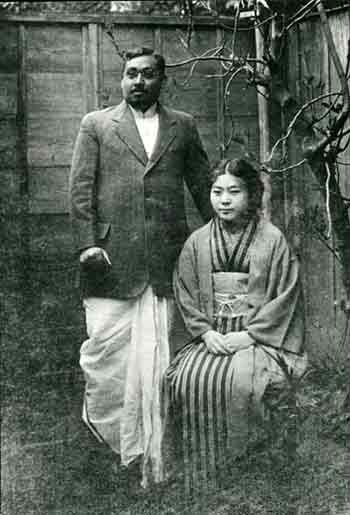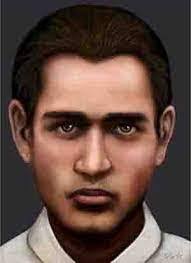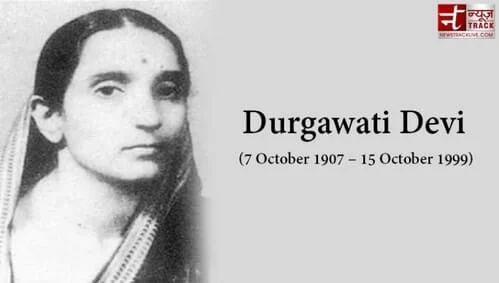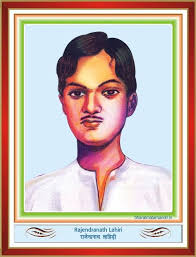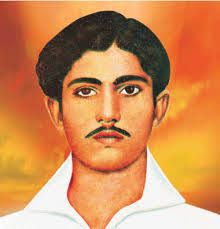Rash Behari Bose, a pivotal figure in India’s struggle for independence, remains a somewhat enigmatic yet profoundly influential character in the annals of history. His life’s journey is a testament to his unwavering commitment to liberate India from colonial rule, his strategic brilliance, and his enduring legacy as a revolutionary leader. In this exploration, we delve into the life, contributions, and lasting impact of Rash Behari Bose, shedding light on his pivotal role in shaping the course of India’s freedom movement.
Early Life and Education:
Rash Behari Bose was born on May 25, 1886, in Subaldaha village in Burdwan district of Bengal Presidency (present-day West Bengal, India). Coming from a middle-class Bengali family, Rash Behari received a traditional education in his early years. However, his keen intellect and thirst for knowledge led him to pursue further studies in Calcutta (now Kolkata), where he became exposed to the ideas of nationalism and anti-colonialism that were beginning to gain momentum in India.
Awakening to Nationalism:
The early years of the 20th century marked a period of growing unrest and agitation against British colonial rule in India. Influenced by the revolutionary fervor sweeping through the country, Rash Behari Bose became actively involved in nationalist activities, joining organizations such as the Anushilan Samiti and Jugantar, which were at the forefront of the freedom struggle in Bengal.
Rash Behari’s commitment to the cause of Indian independence deepened over time, as he witnessed firsthand the injustices perpetrated by the colonial administration and the exploitation of India’s resources for the benefit of the British Empire. Determined to resist colonial oppression, he dedicated himself to the pursuit of freedom, even at great personal risk.
Role in the Ghadar Movement:
Rash Behari Bose’s revolutionary activities took a significant turn with his involvement in the Ghadar Movement, a revolutionary organization founded by Indian expatriates in the United States with the aim of overthrowing British rule in India. Recognizing the need for international support and solidarity in the struggle for independence, Rash Behari played a key role in mobilizing Indian diaspora communities around the world to support the cause.
In 1915, Rash Behari Bose traveled to Japan, where he established contact with Japanese intelligence agencies and sought their assistance in the fight against British imperialism. His efforts culminated in the formation of the Indian Independence League in Tokyo, which served as a platform for coordinating anti-colonial activities and garnering support for the Indian cause.
The Indian National Army (INA):
Rash Behari Bose’s most enduring contribution to India’s struggle for independence came through his role in the establishment of the Indian National Army (INA) during World War II. Recognizing the strategic importance of military resistance in the fight against colonialism, Rash Behari worked tirelessly to recruit Indian prisoners of war and soldiers captured by the Japanese in Southeast Asia to form the nucleus of the INA.
Under the leadership of Subhas Chandra Bose, who shared Rash Behari’s vision of a liberated India, the INA emerged as a formidable force against British rule. Rash Behari played a crucial role in organizing and training INA recruits, instilling in them a sense of pride, discipline, and determination to fight for their country’s freedom.
Legacy and Impact:
Rash Behari Bose’s contributions to India’s struggle for independence are profound and far-reaching. His strategic foresight, organizational skills, and unwavering commitment to the cause of freedom played a crucial role in galvanizing support for the Indian nationalist movement, both within the country and among international allies.
Although Rash Behari Bose’s efforts did not culminate in the immediate realization of Indian independence, his legacy endured beyond his lifetime, inspiring future generations of freedom fighters and serving as a reminder of the power of resilience, determination, and sacrifice in the pursuit of justice and liberty.
Conclusion:
In conclusion, Rash Behari Bose emerges as a towering figure in India’s struggle for independence, his life’s journey marked by courage, conviction, and a steadfast commitment to the cause of freedom. From his early days as a nationalist activist in Bengal to his pivotal role in the Ghadar Movement and the establishment of the Indian National Army, Rash Behari Bose’s legacy remains indelibly etched in the annals of history.

